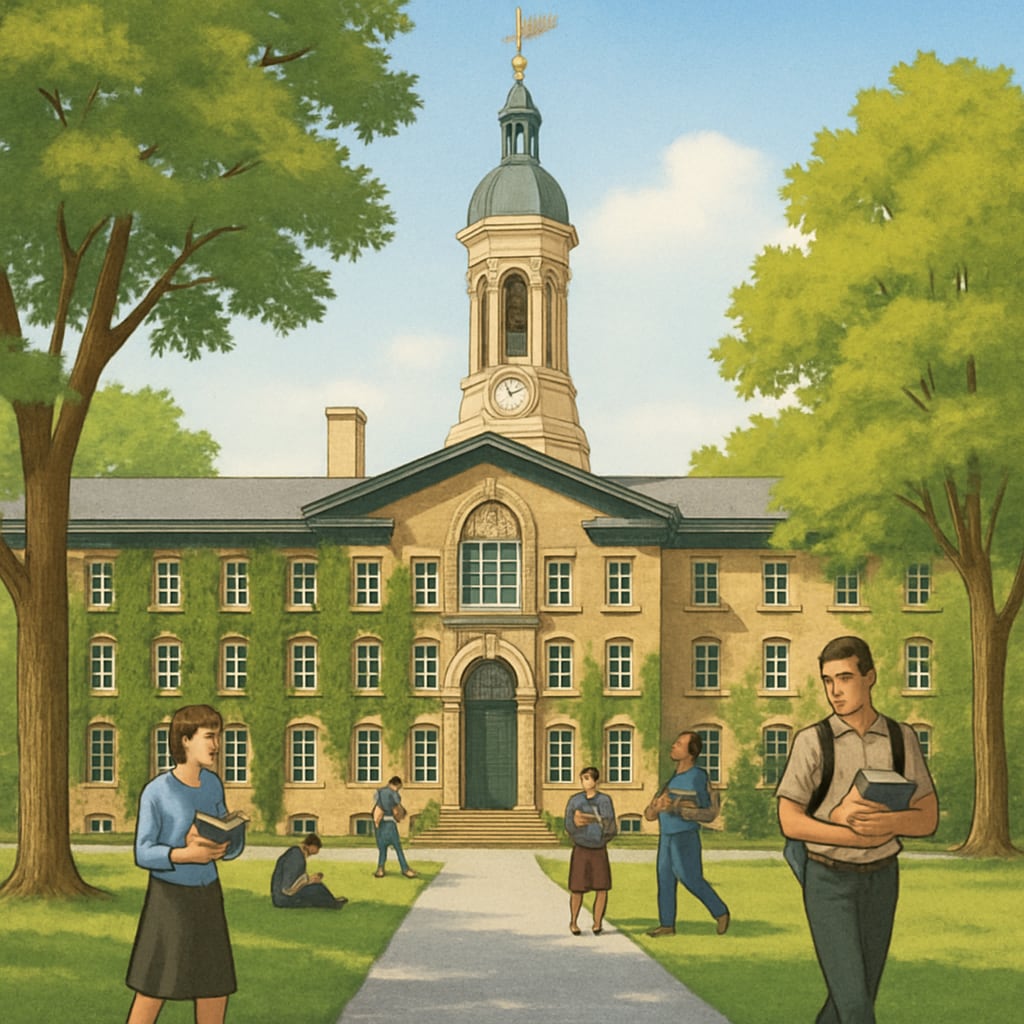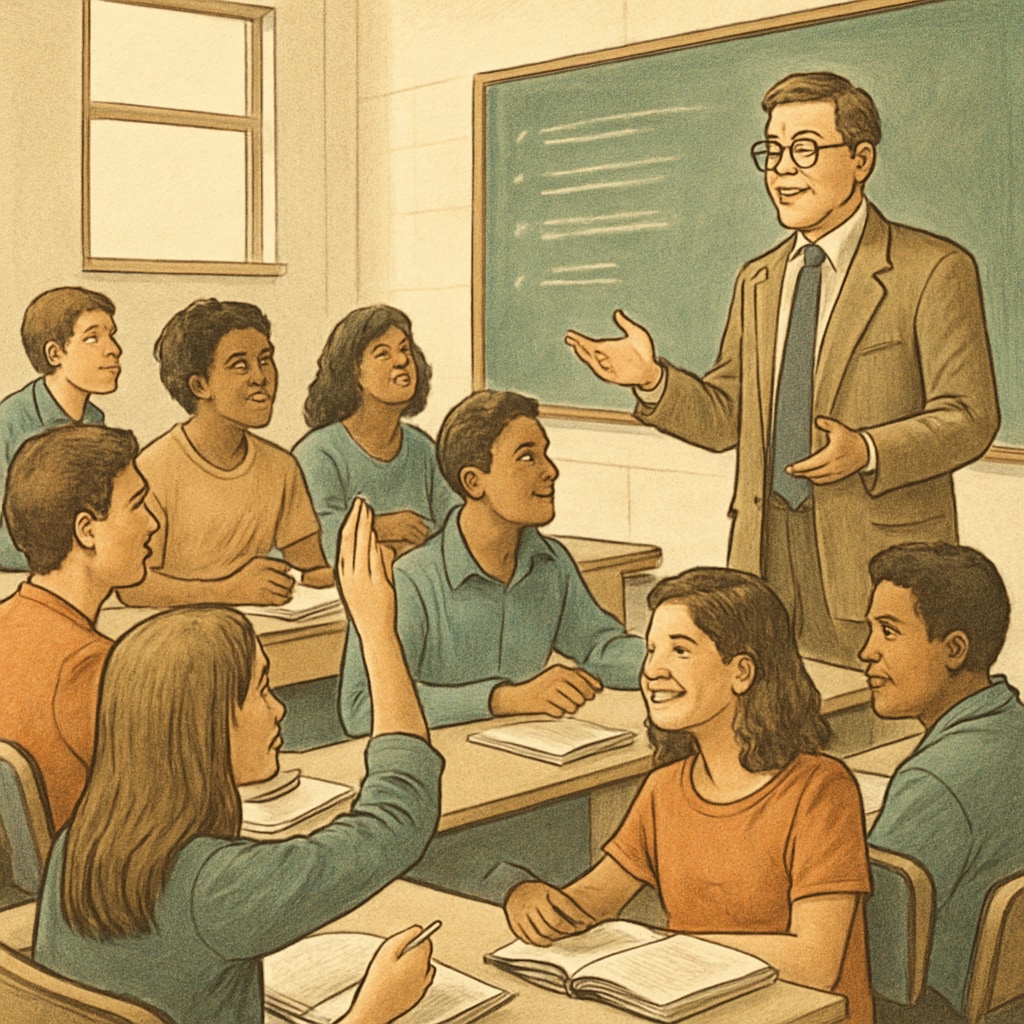The reputation of Ivy League schools, including Princeton, has long been celebrated as the pinnacle of academic excellence. However, the overvaluation of these institutions raises important questions about the true quality of their education and the cultural mindset that idolizes their brand. Are Princeton and its Ivy League peers genuinely superior, or are they riding a wave of exaggerated prestige? This article explores the myths surrounding Ivy League schools and the potential missteps in K-12 education that fuel this obsession.
The Discrepancy Between Perception and Reality
Princeton University, often ranked among the top universities globally, is a prime example of an institution whose reputation frequently outpaces its actual educational outcomes. While its historic campus and elite alumni network contribute to its allure, these factors do not necessarily reflect the quality of the teaching, curriculum, or student experience. Education, after all, is more than a brand name.
Research indicates that many non-Ivy League schools offer comparable, if not superior, academic experiences and post-graduate opportunities. For instance, institutions like the University of California, Berkeley, and the University of Michigan have robust academic programs and diverse student bodies, challenging the notion that Ivy League schools hold a monopoly on excellence. The Ivy League, as a group of eight elite colleges, primarily benefits from historical prestige and exclusivity rather than inherent superiority.

Princeton’s Prestige: What Lies Beneath?
Princeton’s appeal often stems from its small class sizes, renowned faculty, and research opportunities. However, these features are not unique to Ivy League schools. Many top-tier public universities and liberal arts colleges offer similar or even better opportunities for students. The overemphasis on Ivy League admissions has created a culture where brand recognition trumps the actual value of education.
For example, a study by Forbes suggests that the success of graduates is often determined by individual effort, not the institution they attend. While Princeton graduates often secure lucrative positions, their success may be more attributable to personal ambition and the halo effect of the Ivy League brand than the university’s educational superiority.

The Role of Parents and Students in Perpetuating the Ivy League Myth
The obsession with Ivy League schools often begins in the K-12 years, as parents and students focus on building résumés tailored to elite college admissions. This approach frequently leads to stress, burnout, and a narrow view of success. Yet, many fail to consider that non-Ivy institutions can provide equally transformative educational experiences.
- Cost of Overvaluation: Families often spend exorbitant amounts on test preparation, extracurriculars, and private counseling to secure Ivy League admission, ignoring the financial burden this imposes.
- Missed Opportunities: By fixating on Ivy League schools, students may overlook institutions better suited to their interests, learning styles, or career goals.
- Flawed Metrics: Rankings and acceptance rates are often poor indicators of educational quality, focusing more on exclusivity than student outcomes.
Instead of chasing prestige, students and parents should evaluate colleges based on factors like faculty engagement, campus culture, and career support services.
Rethinking the Ivy League Obsession
It’s time to challenge the societal narrative that places Ivy League schools, including Princeton, on an untouchable pedestal. While these institutions undoubtedly offer valuable opportunities, they are not the sole path to success. Broadening the definition of a “good education” allows students to explore a wider range of schools that align with their passions and aspirations.
As a society, we must redefine educational success, emphasizing critical thinking, adaptability, and lifelong learning over brand recognition. Only then can we escape the narrow focus on Ivy League schools and recognize the diverse paths to achievement available to students today.
Readability guidance: This article uses short paragraphs and lists to enhance readability. Transitions like “however,” “in addition,” and “for example” connect ideas smoothly. Long sentences and passive voice are minimized for clarity.


